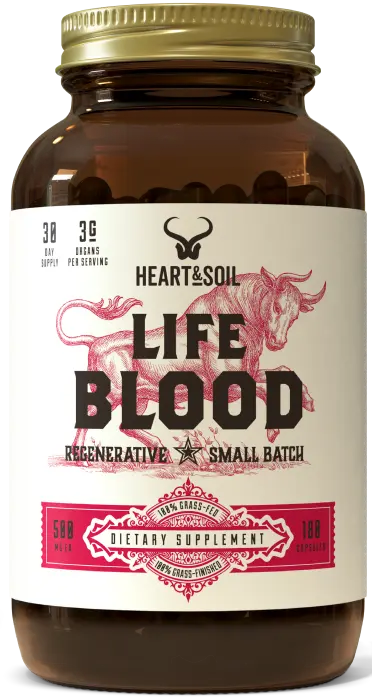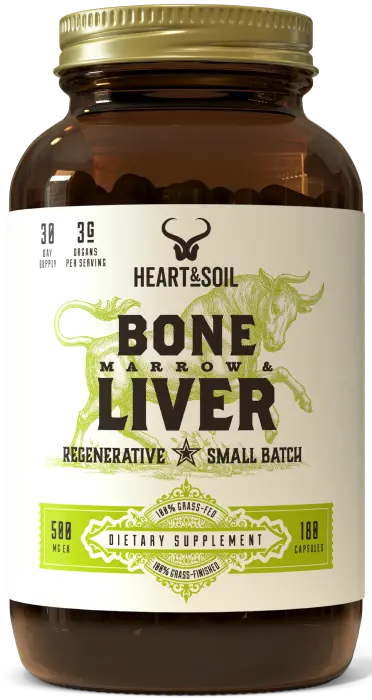PLEASE NOTE: The information in this blog is for educational purposes only. It is not a substitute for professional medical advice. Consult your healthcare provider if you’re seeking medical advice, diagnoses, or treatment.
Plant-based diets are wildly popular, but participants are at risk of deficiencies in vitamin B12, calcium, iron, zinc, EPA and DHA, and other vital nutrients (1).
This may be one reason that there are an estimated 5x the amount of former vegetarians compared to current vegetarians in the US (2).
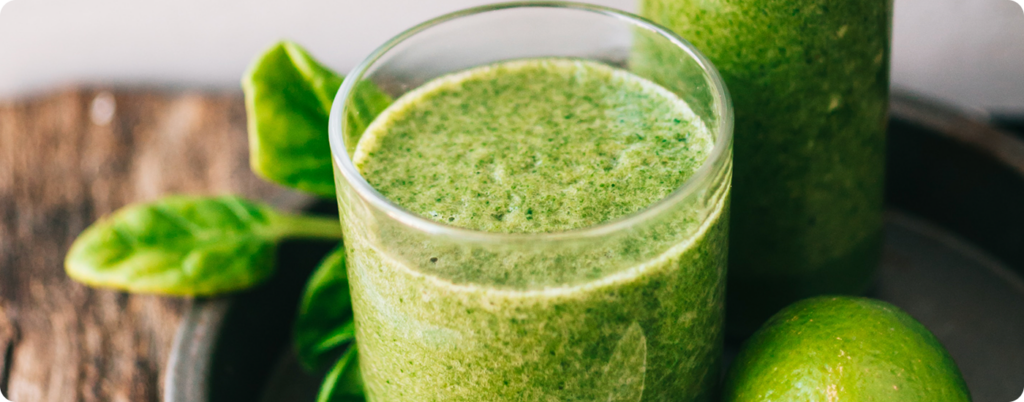
Where can these important nutrients be found? You guessed it! Animal foods such as red meat, seafood, dairy, and eggs.
8+ Nutrients That Might be Missing From Your Plant-Based Diet
Numerous micronutrients found in animal foods are difficult (or impossible) to obtain in adequate amounts from just eating plant foods (3). These include:
1. Vitamin B12
Vitamin B12 is an essential nutrient that impacts nervous system function, DNA synthesis, and red blood cell production (4).
This vitamin is found primarily in foods of animal origin like seafood, dairy, eggs, poultry, and organ meats such as beef liver. Our most popular product, Beef Organs, contains over 300% of the RDA (recommended dietary allowance) for vitamin B12!
The majority of vitamin B12 in plant-based diets (from mushrooms or fermented vegetables) is biologically inactive (5).
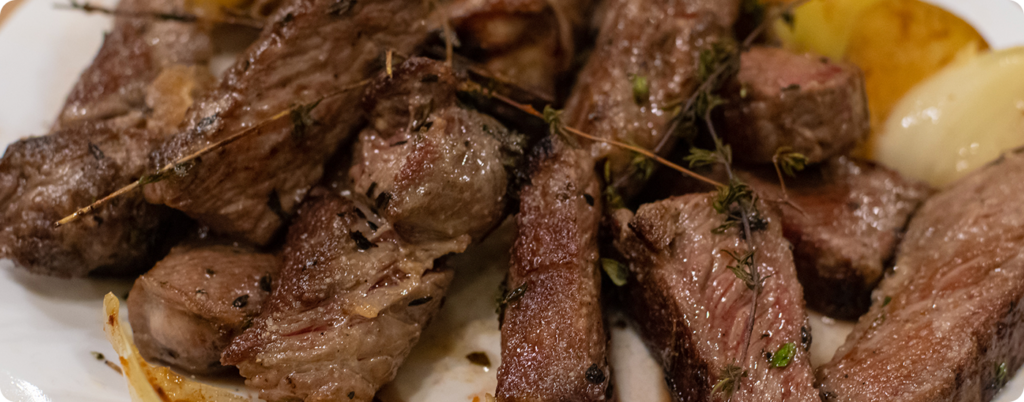
Because of this, a higher risk of vitamin B12 deficiency is found in vegans and vegetarians (6). Compared to omnivores, vegetarians have been found to have lower levels of vitamin B12 and are required to supplement to avoid deficiency (7).
2. Vitamin A (Retinol)
Vitamin A is needed for proper immune function, vision, reproduction, growth, and development (8). It comes from either preformed or provitamin A.
Preformed vitamin A (retinol and retinyl esters) comes from animal sources like beef liver, dairy, and eggs (9). Plant pigments such as beta-carotene, alpha-carotene, and beta-cryptoxanthin are forms of provitamin A found in foods like cantaloupe and leafy greens (10).
Vitamin A from animal foods is absorbed and stored effectively in the human body. For example, the body can absorb 75-100% of retinol, compared to 10-30% of beta-carotene (11). Some people also have genetic traits that further reduce their conversion or absorption of vitamin A (12).
3. EPA & DHA
EPA and DHA are essential omega-3 fatty acids found exclusively in certain algae or animal foods (13). They need to be obtained through supplementation or food (14).
You’ve likely heard of EPA (eicosapentaenoic acid) and DHA (docosahexaenoic acid) in regards to seafood or fish oil, but they can also be found in red meat, eggs, and organ meats like liver or brain (15).
Beef is often viewed as a poor source of these fatty acids, but beef contains DPA (docosapentaenoic acid), which can raise levels of EPA and DHA in the blood (16).
Compared to domesticated animals, meat from wild animals has significantly more DHA (17). 100g (about 3.5 ounces) of beef liver even provides 80mg of DHA!

Both EPA and DHA play vital roles in human growth, development, and inflammation (18, 19).
As is often found in Western diets or some plant-based diets, inadequate intake of EPA, DHA, and ALA is associated with challenges such as coronary heart disease (20).
Due to a lack of or minimal intake of animal foods, vegans and vegetarians can obtain little to no EPA or DHA from their diet. One study on 659 British men found that “the proportions of plasma EPA and DHA were markedly lower in vegetarians and particularly in vegans than in meat-eaters. (21)“
4. Heme Iron
Iron is a mineral that supports hormone synthesis, neurological development, and physical growth (22).
Meat, poultry, and seafood contain both heme and non-heme iron. Plant-based diets only offer nonheme iron through foods like nuts, grains, vegetables, and beans. Heme iron is 5-10 times more bioavailable than non-heme iron (23), meaning more is available for its biological destinations.
For example, iron bioavailability from vegetarian diets is 5-12%, but 14-18% for diets with vitamin C, seafood, and meat (24). Iron requirements are 1.8 times higher for vegetarians than meat eaters (25). Plants also contain compounds such as polyphenols and phytates that can prevent iron absorption (26).
Iron deficiency anemia can result from poor iron status and lead to symptoms such as fatigue, impaired immune or cognitive function, and pregnancy complications (27).
Support Your Iron Stores
With Lifeblood from Heart & Soil
5. Creatine
Creatine is a molecule that improves athletic performance and cognition (28).

The body can produce creatine, but vegans or vegetarians may have lower levels as it’s found in meat, fish, and other animal products (29).
6. Carnosine, Taurine, & Anserine
Taurine, anserine, and carnosine are antioxidants found primarily in animal foods (30).
Carnosine has antioxidant properties and is not found in plant foods but plentiful in beef (31). Females and vegetarians (a popular plant-based diet) are considered at risk for reduced carnosine stores (32).
Taurine plays a vital role in eye health, cardiovascular health, and brain function. The amount of taurine in foods like grains and legumes is 1000 times less than in animal foods (33)!
7. Vitamin D3
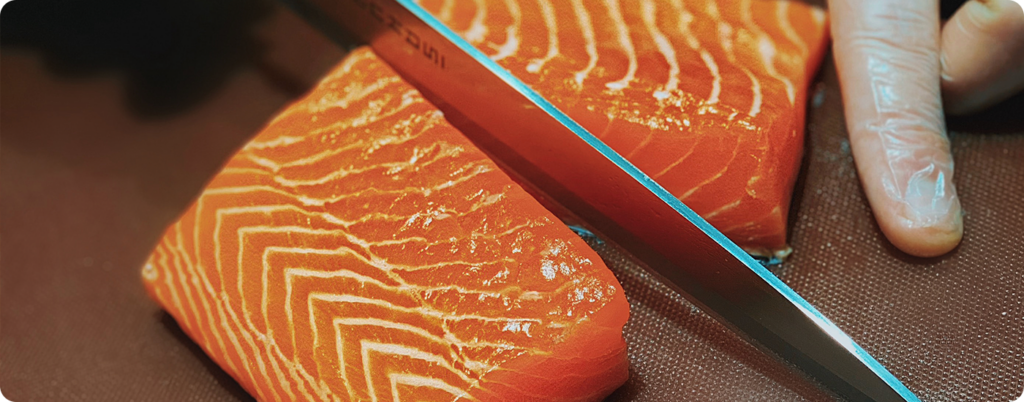
While vitamin D3 primarily comes from exposure to sunlight, it also comes from animal foods like trout, salmon, or mackerel (34). Egg yolks, beef liver, and cheese also offer small amounts of vitamin D3.
Unsurprisingly, vegans are at a higher risk of insufficient vitamin D levels (35)! Along with proper sunlight exposure, vegans may need to supplement to avoid deficiency (36).
8. Zinc
Vegetarians are also at risk of zinc deficiency depending on their specific diet, and those who limit (or avoid) animal foods often have a lower zinc status (37, 38).
Just as with iron, consuming animal foods can increase the uptake of zinc from plant foods!
The Verdict? Plant-Based Diets Often Lack Key Nutrients
While plant foods can sometimes be better sources of vitamins C and E or magnesium, animal foods are incredibly nutrient-dense and tend to offer key nutrients in their most usable form.
Why eat a mountain of spinach when a small amount of steak or organ meats will offer you the same or greater benefit?
If you’re currently on a plant-based diet or thinking about it, hopefully, this article helps you better understand why animal foods have been valued for thousands of years and what you may need to supplement with to avoid health issues!
Fuel Your Body with Nature's Best
Grass-Fed Bone Marrow & Liver
Subscribe to future articles like this:
